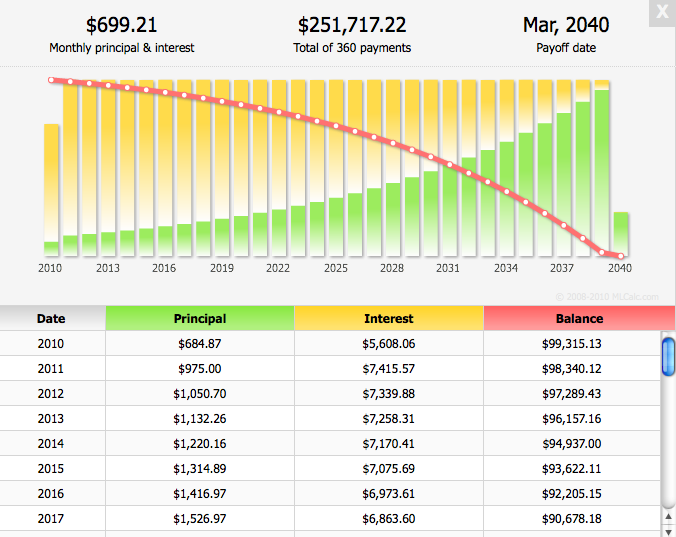How the Wealthy Reduce Their Taxes (and what we can learn from them)
How the Wealthy Reduce Their Taxes
(and what we can learn from them)
If you've ever wondered how wealthy individuals LEGALLY pay less in taxes, the answer comes down to a mix of strategy, timing, and using the tax code to their advantage. While these approaches aren't exclusive to billionaires, they often require careful planning and professional guidance to do do correctly.
Below are some of the most common strategies to explore further. You may be able to start using a few of these now, even if you're not "wealthy"(yet!).
1. Favoring Capital Gains over Ordinary Income
Instead of taking large salaries taxed at higher ordinary income rates, many wealthy people genearate income through investments. Long-term capital gains(from selling assets held over a year) are taxed at lower rates than wages, making this a cornerstone of wealth-building.
2. Using Tax-Advantaged Accounts
While billionaires may not need an IRA or 401(k), they still use tax-deferred or tax-free accounts where possible. For everyone else, maxing out retirement accounts, HSAs and 529 education plans can reduce taxable income now and grow your savings more efficiently.
3. Strategic Losses: Tax-Loss Harvesting
Selling underperforming investments to offset gains - called tax-loss harvesting - is a common tactic. Losses can also be carried forward to future years, softening the impact of future capital gains.
4. Leveraging Trusts and Estate Planning
Tools like Grantor Retained Annuity Trusts(GRATs), dynasty trusts, and charitable remainder trusts can reduce estate and gift taxes while supporting heirs or charities. These require expert legal and tax advice to strcture properly.
5. Borrowing Against Assets Instead of Selling
Rather than selling investments and triggering taxable gains, some wealthy individuals borrow against their portfolios. The borrowed funds are tax-free, and the investments remain in place to keep growing - a method often referred to as part of the "Buy-Borrow-Die" strategy.
6. Offshore Accounts and Tax Havens (FULLY DISCLOSED)
Some use international accounts or tax-friendly jurisdictions to reduce taxes on certain types of income. This is legal when fully disclosed, but carries heavy penalties for non-compliance.
What the average inverstor can do
While not all strategies are practical for everyone, you can borrow some principles:
-
Max out retirement and HSA contributions.
-
Hold invetments for over a year to qualify for long-term capital gains rates.
-
Use tax-loss harvesting if you invest in taxable accounts.
-
Consider starting with a local CPA or financial planner who understands tax-efficient investing.
A Word of Caution
Many of these strategies sit in complex areas of tax law. Even small mistakes - like forgetting a disclosure - can result in big fines or legal trouble. That's why the wealthy rarely do this alone; they ahve teams of accountants, tax attorneys, and financial planners.
Bottom Line: Tax efficiency isn't about avoiding taxes, it's about using the rules to your advantage within the law. Whether you're earning $80,000 or $8 million, planning ahead is the first step toward keeping more of what you earn.
Wondering How Real Estate Plays Into Your Financial Plans? Let's Talk Strategies!
Please call, text, or email me to set an appointment to schedule a time to take a look at your opportunites. Call or text me at 260.897.1776 for fastest service!
Summary and Glossary
Of Key Tax Terms
Captial Gains
The profit from selling an investment or property for more than you paid for it. Long-term capital gains(on assets held over a year) are taxed at preferntial rates.
Why it matters: Lower rates for long-term gains can significantly reduce your tax bills if you plan the timing of the sales.
401(k)
An employer-sponsored retirement plan allowing pre-tax contributions, which grow tax-deferred until withdrawal.
Why it matters: Reduces current taxable income and helps build retirement savings.
IRA(Individual Retirement Account)
A tax-advantaged retirement account; Traditional IRAs allow pre-tax contributions, Roth IRAs offer tax-free withdrawals.
Why it matters: Choosing the right type can optimize your tax situation now and in retirement.
529 Plan
A tax-advantaged savings plan for educaiton expenses, with investment growth and withdrawals free from federal tax if used for qualified education costs.
Why it matters: Lets you save for education while enjoying tax-free growth
HSA(Health Savings Account)
A tax-advantaged account for medical expenses available to those with high deductible plans.
Why it matters: Contributions are tax deductible, growth is tax-free, and withdrawals for medical expenses are tax-free.
Tax-Loss Harvesting
Selling investments that have dropped in value to offset gains from other investments and reduce taxable income.
Why it mattres: Can lower your tax bill and improve after-tax invetment returns.
Marginal Tax Rate
The percentage of tax paid on the last dollar of income earned.
Why it matters: Understanding your marginal rate helps in planning deductions, deferrals, and withdrawals.
Trust
A legal arrangement where one party holds property for the benefit of another.
Why it matters: Used for estate planning, minimizing estate taxes, and controlling asset distribution.
Step-Up In Basis
A tax provision that resets the cost basis of an inherited asset to its market value at the date of death.
Why it matters: Can eliminate capital gais tax on appreciation that occurred before inheritance.
Estate Tax
A federal tax on the transfer of the estate of a deceased person above a certain exemption threshold.
Why it matters: Proper planning can reduce or avoid estate taxes for high-value estates.
Recent Posts










